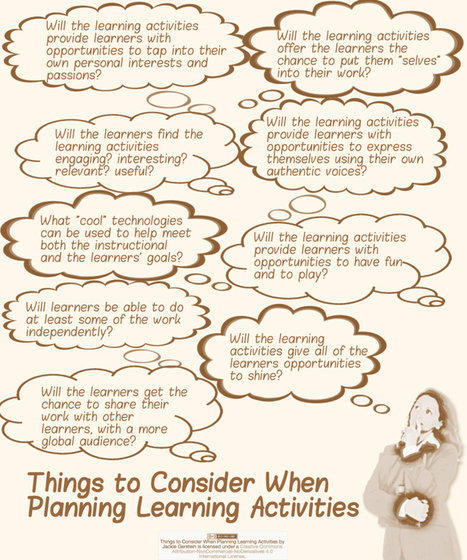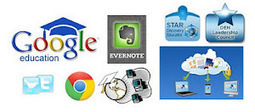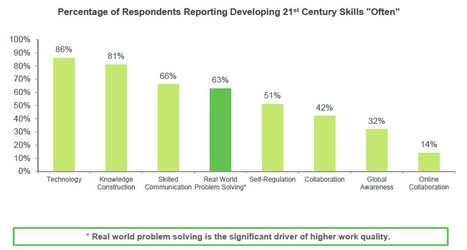I absolutely love planning lessons from scratch. I just got a job teaching technology units for a summer camp for elementary age students. I can design and teach whatever I want - planning for a d...
Research and publish the best content.
Get Started for FREE
Sign up with Facebook Sign up with X
I don't have a Facebook or a X account
Already have an account: Login
Tech tools that assist all students to be independent learners & teachers to become better teachers
Curated by
Beth Dichter
 Your new post is loading... Your new post is loading...
 Your new post is loading... Your new post is loading...
|

Carolyn Williams's curator insight,
June 2, 2013 5:58 AM
Working in a corporate industry for twenty three years and seeing the rise of operators, school leavers would benefit from 21st technological studies and how that applies to the workplace. |













Interesting questions to ask when planning lessons which help to create exciting lesson plans that focus on the needs of the students and to find ways to engage them all.
Excellent guide to follow when planning our classes.
This image provides questions to to ask yourself when you want to plan learning activities,. You want to ensure that the activities are age appropriate.